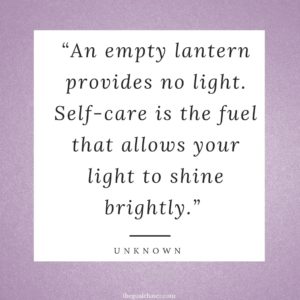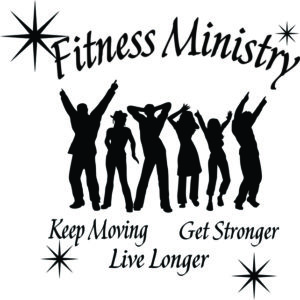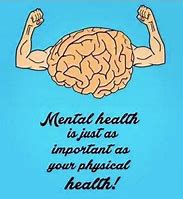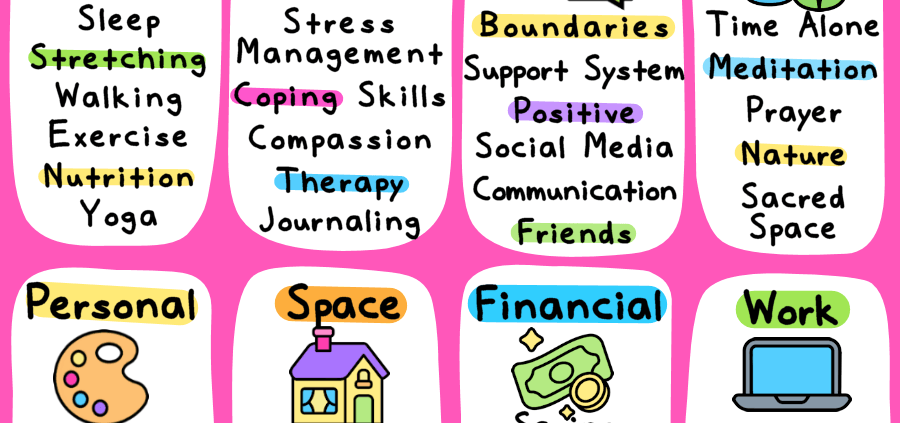How To Take Care Of Yourself
How To Take Care Of Yourself
In the last post I made some suggestions as to why this is indeed a stressful time, so you need to take care of yourself. In this post, we’re going to look at how to do that, how to take care of yourself in times of stress, like this pandemic.
Learning to take care of yourself in a panic
Yes, you read that right–not in a pandemic, but in a panic. Let me tell you something of when I hit the wall. It  wasn’t during a time of pandemic, but a time when things outside of me were going pretty well. Our church was growing fairly rapidly, and that had resulted in the need for staff, enlarged facility, and a lot more money. So ministry was a scramble. The only model I had for being a pastor was to “take care of the sheep”. In other words, I was available to everyone, at any time.
wasn’t during a time of pandemic, but a time when things outside of me were going pretty well. Our church was growing fairly rapidly, and that had resulted in the need for staff, enlarged facility, and a lot more money. So ministry was a scramble. The only model I had for being a pastor was to “take care of the sheep”. In other words, I was available to everyone, at any time.
Then, as we continued to grow, we decided to relocate our ministry. We purchased acreage in Southern California on a property that was projected to be surrounded by new homes full of people who need the Gospel. I looked ahead to more years of trying to keep up with the demands of preaching (by this time we were in 4 services per Sunday), pastoring (by this time we were over 1000 people) and leading a new building project that ended up taking over 6 years and a lot of money.
I went into a depression, and a sense of panic overwhelmed me. A mentor encouraged by by saying, “You’re going to have to learn to take care of yourself as you move forward.”
I learned some things well, others not so much. But here is some of what I learned.
Emphasize the physical
One of the first places to begin, and the easiest to do, is to begin some physical activity. Studies of pastors’ physical health indicate that we are not too good at taking care of ourselves in the physical sense. The quote below is from one such study of a group of pastors. Here’s the link to read more.
Unhealthy Clergy
 When Proeschold-Bell first began to study clergy health, she gave pastors a survey that measures perceptions of health. It asked questions like, How often does your physical health limit your ability to work? To maintain relationships? To enjoy the out-of-doors? Does your emotional health limit your social activities? Clergy scored considerably above the national average on the survey. That is, they perceived themselves as not limited by either physical or emotional health. When Proeschold-Bell first saw the results of this study she thought, “Maybe we don’t have a health problem among clergy.”
When Proeschold-Bell first began to study clergy health, she gave pastors a survey that measures perceptions of health. It asked questions like, How often does your physical health limit your ability to work? To maintain relationships? To enjoy the out-of-doors? Does your emotional health limit your social activities? Clergy scored considerably above the national average on the survey. That is, they perceived themselves as not limited by either physical or emotional health. When Proeschold-Bell first saw the results of this study she thought, “Maybe we don’t have a health problem among clergy.”
Then she looked at the physical tests that measured chronic disease and metabolic function. Those numbers told a different story. She found, for example, that 40 percent of UMC clergy in North Carolina were obese—a figure 11 percent higher than for the general population of North Carolinians and 14 percent higher than for the national population. The results were startlingly at odds with the perception of physical health in the previous measure. Clergy did not perceive the extent to which they had poor health.
The result of this study was a two-year program to improve physical health that changed the lives of many pastors. You see, physical health results in greater mental and emotional health.
During a pandemic, you are under a lot of stress. Make sure that you are walking or running or playing basketball, or ???? That is a great first step in learning how to take care of yourself during the stresses of preaching during a pandemic.
Take care of yourself mentally
Another component of self-care is looking at your mental health. A 2019 study of pastors found that 11%  mentioned mental health problems, especially anxiety and depression. That is more than the general population. Here’s a post by a study done of United Methodist pastors and what they’ve noted.
mentioned mental health problems, especially anxiety and depression. That is more than the general population. Here’s a post by a study done of United Methodist pastors and what they’ve noted.
Clergy are in situations of dealing with their own anxiety as well as their congregations. That just ramps it up to very difficult levels for some people.”
Everyone has their own coping mechanisms, said the Rev. Dr. Anne Gatobu, Kansas City District superintendent as well as founder and CEO of a self-care, coaching and creativity ministry. She is also a trained life coach.
Some of those coping mechanisms are healthy “self-care” methods, such as exercise, baking, cooking and gardening, Gatobu said.
In the next post I’ll develop strategies for keeping yourself mentally and emotionally healthy. For now, here is a Presbyterian Pastor talking about how he coaches clergy self-care in this area when he trains pastors who are in a time of trauma.



